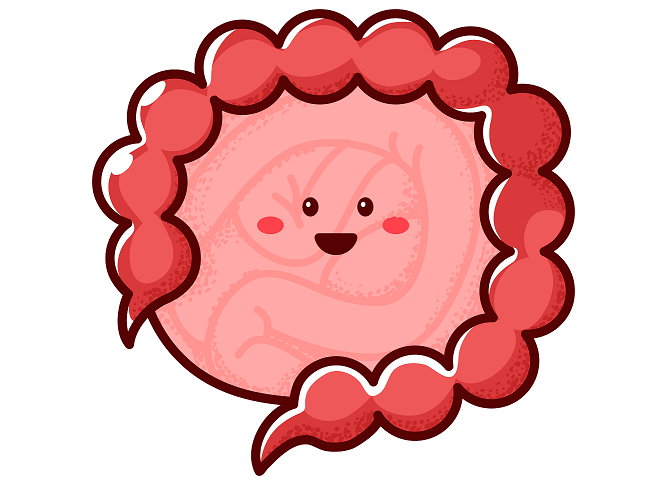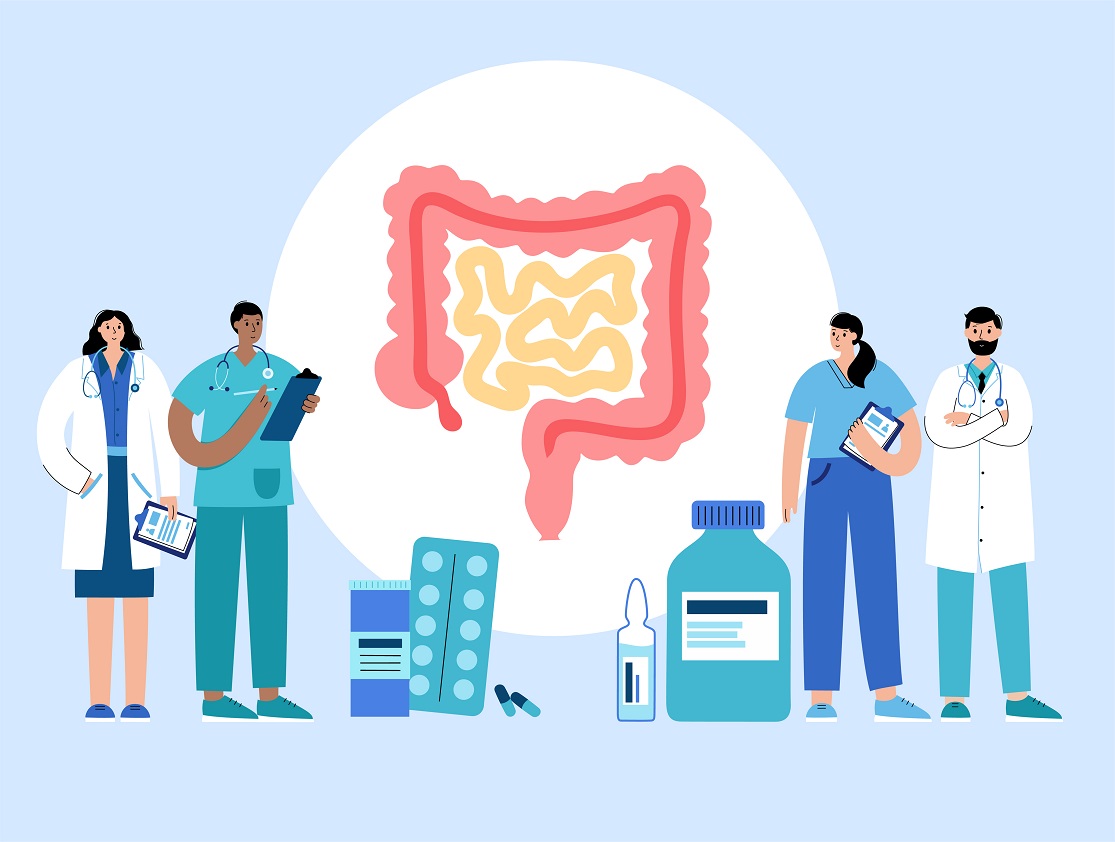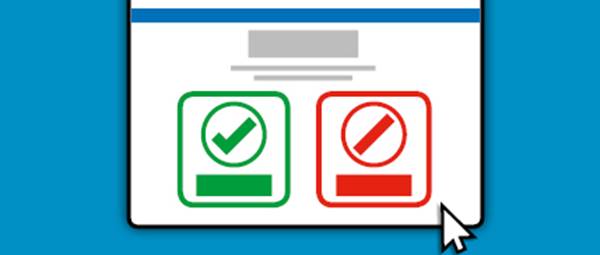Why register?
Find out why it's really important that you do.
The small bowel (or small intestine) is part of your your digestive system, and despite its name is actually about six metres long.
It further digests food recieved from the stomach, absorbing vital nutrients before sending what remains on to the large intestine, or colon.
Nutrients include carbohydrates, proteins, fats, vitamins, and minerals and are needed by the body to perform its basic functions.
Choosing to donate your small bowel could transform the life of someone waiting on the organ transplant list.

If a person's bowel is unable to absorb nutrients, they may need their nutrition to be given through a drip (straight into a vein).
Sometimes, if this is not possible or if complications develop, a small bowel transplant may be the best option.
Complications that may lead to a small bowel transplant include:

Choosing to donate your small bowel when you die could provide a life-changing transplant for someone living life on a drip.
After receiving a small bowel transplant, most people are able to switch from being drip-fed to eating normally and can resume everyday activities.
Anyone can register a decision to become a small bowel donor after death, there is no age limit.
There are also very few health conditions where organ donation is ruled out completely.
If you would like to help others after you die by becoming a small bowel donor, the best thing to do is to add your name and decision to the NHS Organ Donor Register.
Act now to change lives in the future.

It takes just two minutes to register online.
Alternatively, you can call us on 0300 123 23 23.
Find out why it's really important that you do.
Organ donation will only go ahead with the support of your family, and clinicians will never proceed with organ donation if your family or loved ones object.
Get tips on how to talk to your loved ones about organ donation